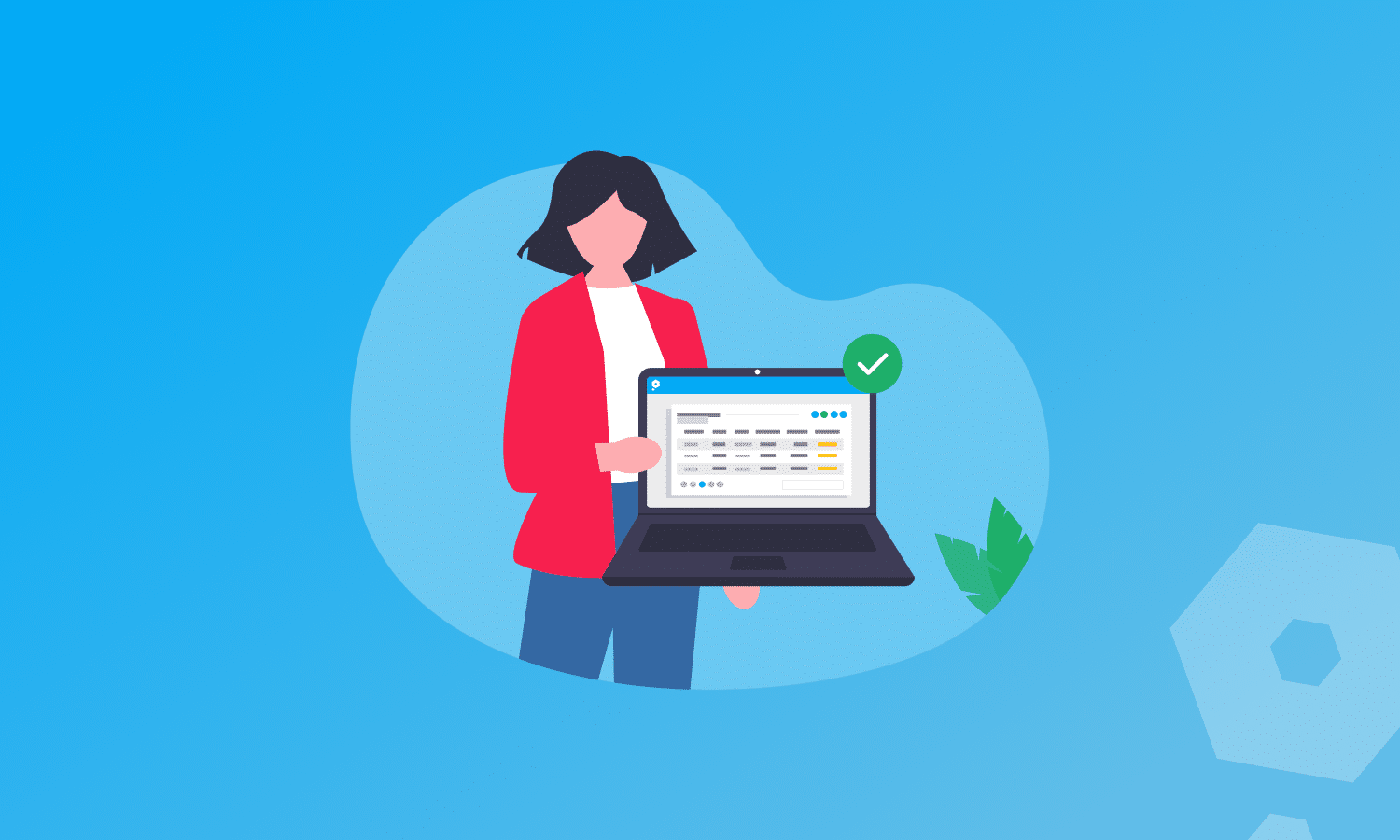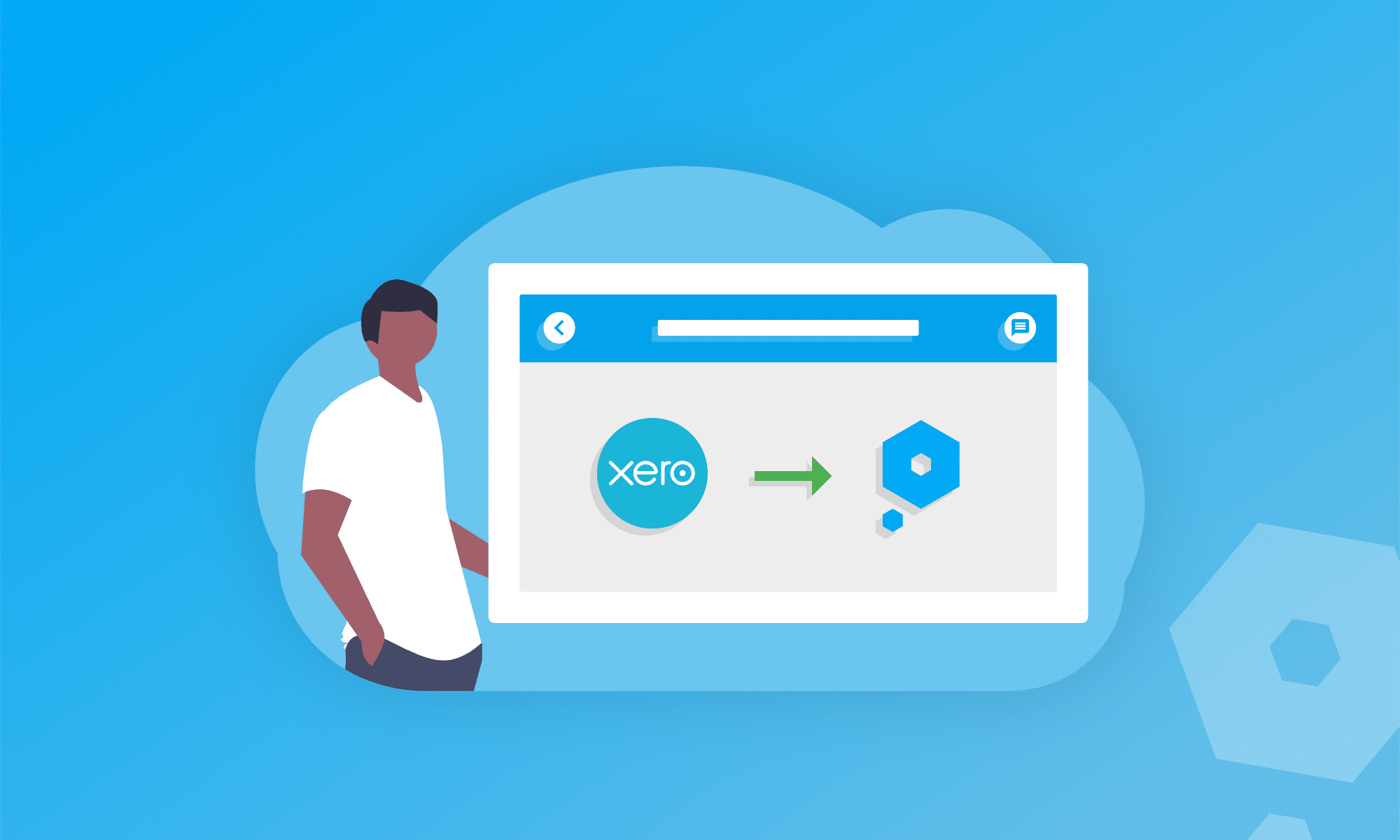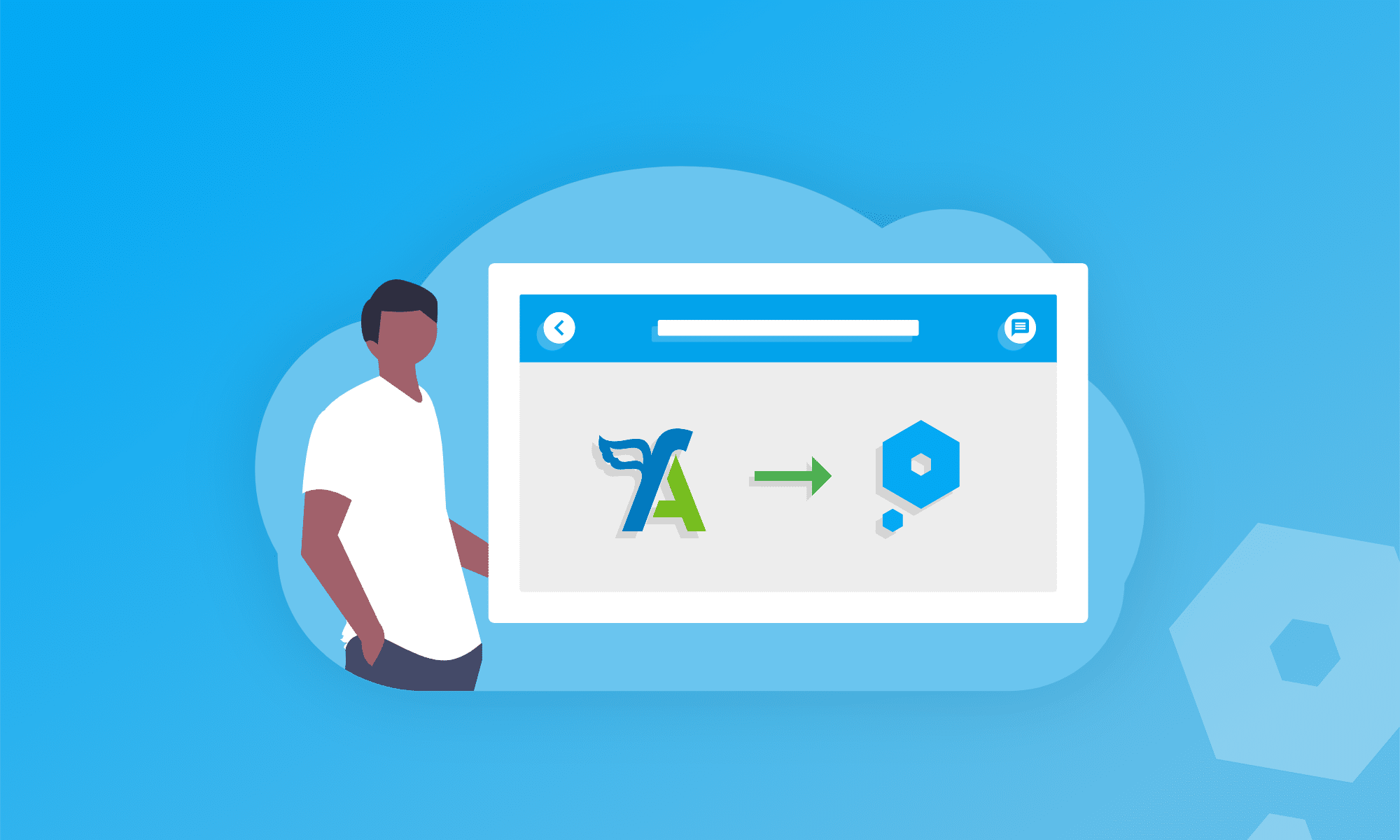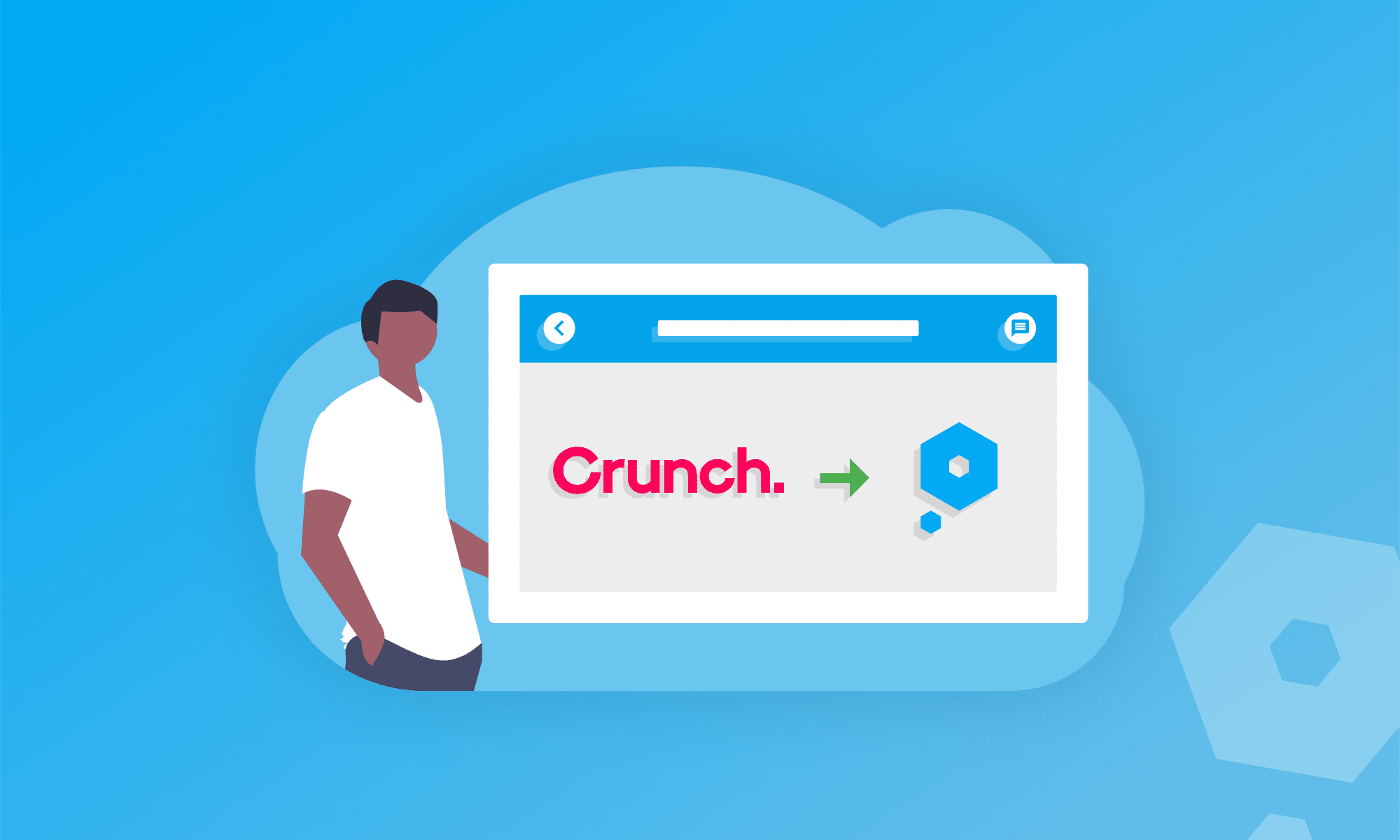Welcome to the 21st Century. Gone are the days of mountains of paper and stuffy high-street offices. Today, looking after your accounts is easier than ever, with everything being safely stored in what is commonly referred to as ‘the cloud.’
Before you ask, no – this isn’t a real cloud, so you don’t have to worry about your company’s financial records falling out of the sky.
Don’t worry if you’re a bit confused; we’ll break it all down for you and outline the key differences between the old way and the new. First things first…









